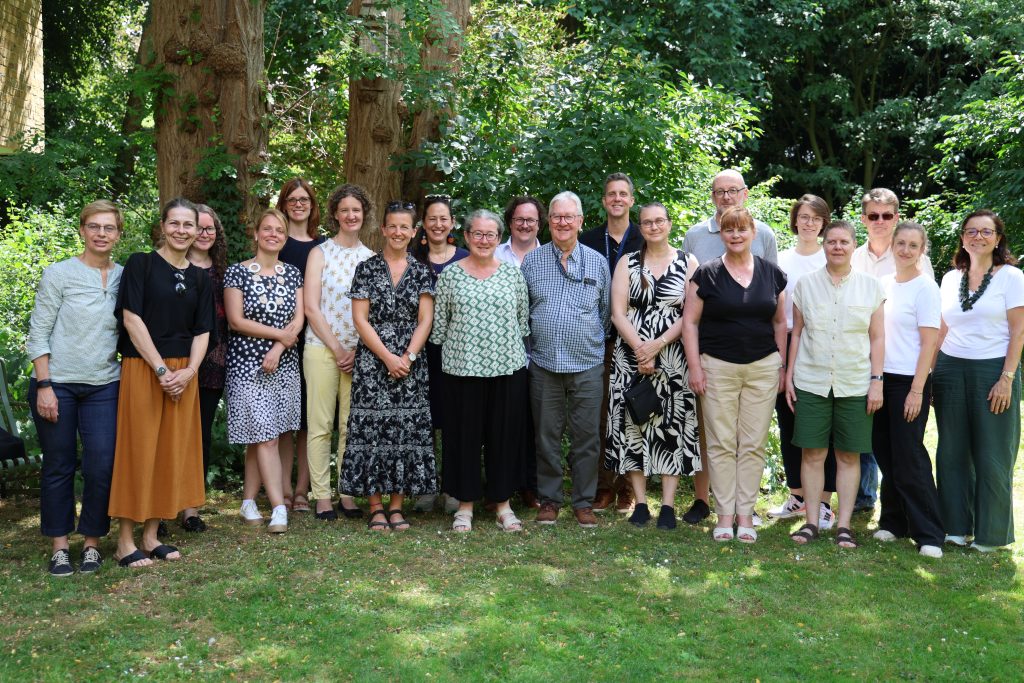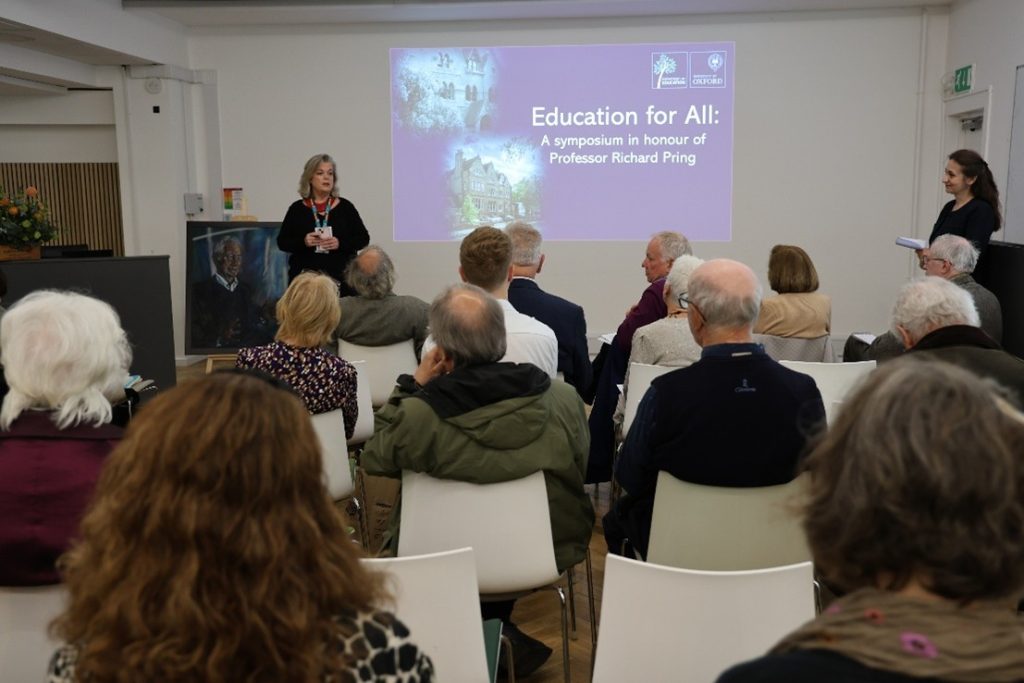Department Associates Professors Jenny Gore (Visiting Professor) and Maria Tatto (Honorary Research Fellow) are amongst the selection of 12 prominent scholars to be honoured as 2020 American Educational Research Association (AERA) Fellows following an announcement made on Thursday 27 February 2020.
The American Educational Research Association (AERA) is the largest national interdisciplinary research association devoted to the scientific study of education and learning. AERA Fellows are nominated by their peers, selected by the Fellows Committee on the basis of their notable and sustained research achievements, and approved by the AERA Council, the association’s elected governing body.
Professors Gore and Tatto join 665 current AERA Fellows and will be inducted on April 18 during the 2020 AERA Annual Meeting in San Francisco, CA.
The 12 2020 AERA Fellows are:
- Stephanie Al Otaiba, Southern Methodist University
- W. Holmes Finch, Ball State University
- Robert E. Floden, Michigan State University
- Jennifer M. Gore, University of Newcastle
- Edmund T. Hamann, University of Nebraska, Lincoln
- Kathryn Hirsh-Pasek, Temple University
- Nancy C. Jordan, University of Delaware
- Panayiota Kendeou, University of Minnesota
- Charles A. MacArthur, University of Delaware
- Janelle T. Scott, University of California, Berkeley
- Maria Teresa Tatto, Arizona State University
- Mark R. Warren, University of Massachusetts Boston










